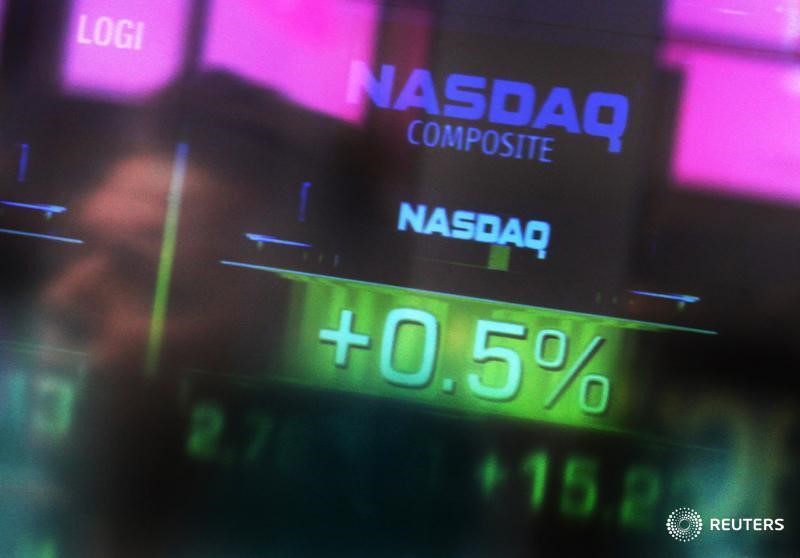Preliminary data for the second quarter of 2024 indicated that hedge funds have slightly reduced their holdings in a group of stocks known as the "Magnificent 7," following three consecutive quarters of significant increases.
Despite this modest decrease, the stake of hedge funds in these stocks remains notably higher than levels observed before the pandemic, as depicted by a dotted black line in recent ownership charts, analysts at JPMorgan said in a report.
Brokerages, on the other hand, have maintained their investment levels in the "Magnificent 7" stocks during the same period, with their share of ownership also substantially above pre-pandemic figures.
The increase in ownership shares by hedge funds and brokers over the past two years has been offset by a decline in holdings by other investor categories, including pension funds, insurance companies, banks, and other real money investors, which do not fall under the "Investment Advisors" category.
In contrast to hedge funds, active real-money managers, particularly those overseeing the 100 largest active U.S. equity mutual funds, have maintained or increased their overweight positions in certain tech stocks, opting not to take profits.
These funds have shown a preference for Meta (NASDAQ:META) and Google (NASDAQ:GOOGL), while being underweight in Apple (NASDAQ:AAPL) and Tesla (NASDAQ:TSLA). Their strategies have paid off, as they have outperformed their benchmarks throughout 2023 and year-to-date.
Macro managers, who typically use liquid index products such as U.S. equity index futures and SPY and QQQ ETFs, have increased their exposure to U.S. equities rather than reducing it. This is demonstrated by a higher level of U.S. equity futures position proxies and the falling short interest in SPY and QQQ ETFs, which have reached new record lows.
Lastly, retail investors, after a pause in April, have demonstrated renewed activity in May. This resurgence is suggested by the net equity fund flow and the volume of small traders' call options on U.S. stocks.
Retail investors appear to have purchased stocks during the 5-6% market dip in April, which may have been partly triggered by the profit-taking actions of equity-focused hedge funds.
